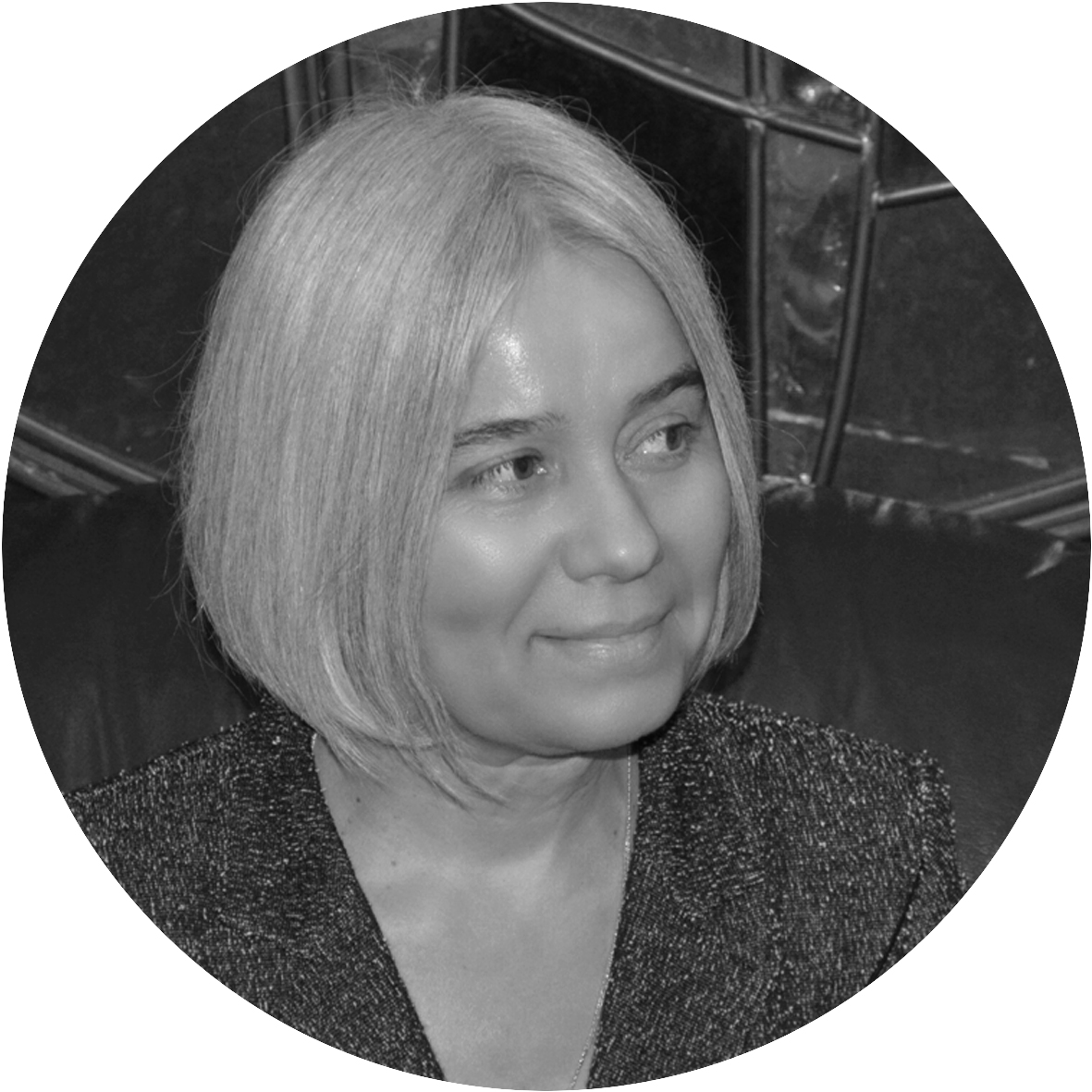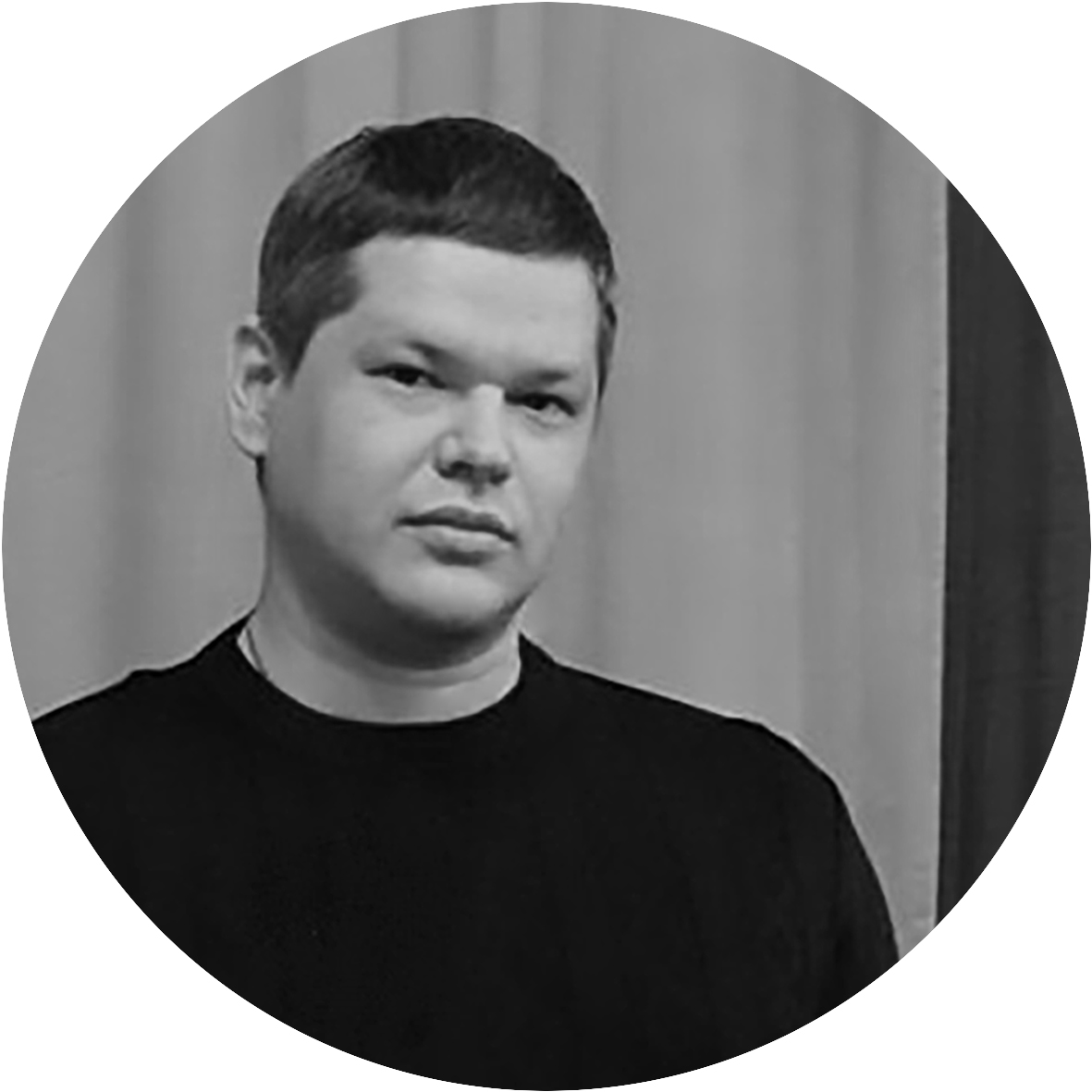About Journal
Authors who publish in the journal Dostoevsky and World Culture. Philological journal agree to the following:
1. Authors retain copyright of the work and provide the journal right of first publication of the work.
2. Authors retain the right to enter into contractual agreements relating to the non-exclusive distribution in the published version of the work (e.g., post it to an institutional repository, publication in a book), with reference to its original publication in this journal.
3. Authors retain the right to use print or electronic preprints of the unpublished manuscript having the form and contents as accepted by the Publisher for publication in the Journal. Such preprints may be posted as electronic files on the website of the Author (Co-authors) or on a secure external website of the employer of the Author (Co-authors) of the Article but should not be used for commercial sale or systematic external distribution by a third party. The Author (Co-authors) should: 1) include in the Preprint the following warning: “This is a Preprint of an Article accepted for publication in (Dostoevsky and World Culture. Philological journal, (C), copyright (year). The owner of the copyright as specified in the Journal)”; 2) give an electronic link to the Publisher’s website, with URL www.dostmirkult.ru
4. Authors retain the right to make photocopies or pass on the copy of the printed Article, either in its integrity or a part, to colleagues for personal or professional use, for the promotion of academic or scientific research or for informational purposes of the employer.
5. Authors retain the right to use materials from the published Article in the book or extended article written by the Author (Co-authors).
6. Authors retain the right to use individual figures or tables and text extracts from the Article for personal purposes of study or for the inclusion in other work (with a reference to its original publication in the journal), or for publication in electronic format in an internal (protected) computer network or external website of the Author (Co-authors) or his/her employer.
7. Authors retain the right to include the materials of the Article in anthologies for the use in classrooms, for free distribution of the materials among the students of the Author (Co-authors) or save the materials in electronic format on a local server for the access by students as part of their educational course, as well as for internal training programs in the establishment of the employer.

Dostoevsky and World Culture. Philological journal is a peer-reviewed open access journal. It means:
- Content created by scholars;
- Publication is free for all authors; authors does not pay for reviewing, editing, translating, proof-reading, layout design;
- Dostoevsky and World Culture. Philological journal does not pay author’s fee / royalties;
- No Article Processing Charge for authors, sponsored by founder and publisher;
-
Access to all articles in the electronic version of the journal is free for all readers after the publication of the issues.
During the submission process, the author must confirm that the article has not been published and or accepted for publication in any other journal.
The Author (Co-authors) has a right to use print or electronic preprints of the unpublished manuscript having the form and contents as accepted by the Publisher for publication in the Journal. Such preprints may be posted as electronic files on the website of the Author (Co-authors) or on a secure external website of the employer of the Author (Co-authors) of the Article but should not be used for commercial sale or systematic external distribution by a third party.
The Author (Co-authors) should: 1) include in the Preprint the following warning: “This is a Preprint of the Article accepted for publication in (the title of the Journal, (C), copyright (year). The owner of the copyright as specified in the Journal)”; 2) give an electronic link to the Publisher’s websites that have a URL www.dostmirkult.ru
When citing articles published in the journal Dostoevsky and World Culture. Philological journal, A.M. Gorky Institute of World Literature of the Russian Academy of Sciences requests the authors to provide a link (the full URL of the material) to the official website of the journal.
Plagiarism takes many forms, from passing off another paper as the author(s) own paper, to copying or paraphrasing substantial parts of another(s) paper (without attribution), or claiming results from research conducted by others. Plagiarism in all its forms constitutes unethical publishing behavior and is unacceptable.
The Editorial Board of the journal Dostoevsky and World Culture. Philological journal considers the following to be the forms plagiarism:
- use (word for word citing) of any materials in any value without indicating the source;
- use of images, pictures, photographs, tables, diagrams, schemes or any other forms of graphical information presentation without indicating the source;
- use of images, pictures, photographs, tables, diagrams, schemes or any other forms of graphical information presentation published in scientific and popular issues without approving by copyright holder;
- use of the materials without written permission, the authors or copyright holders of which don’t permit use of their materials without special approvement.
The Editorial Board of the journal Dostoevsky and World Culture. Philological journal considers the following to be the forms of incorrect borrowing:
- absence of graphical highlighting of literal text citation when there are references to the source;
- incorrect references (incomplete bibliographic description of the sources, which prevents their identification;
- reference not to the first source of the borrowed text without clear indication of this fact (mistake in primary source determination);
- absence of references from the text to the sources enumerated in the list below the article.
Only original works are acceptable for publication in the journal. The journal Dostoevsky and World Culture. Philological journal does not allow any forms of plagiarism.
If the authors have used the work and/or words of others, that this has been appropriately cited or quoted.
The journal is using “Antiplagiatˮ software for plagiarism detection in all Russian-language manuscripts.
In the case of the discovery of multiple incidents of content matching, the editorial staff acts in accordance with the rules of COPE, https://publicationethics.org/resources/flowcharts-new/what-do-if-you-suspect-plagiarism.

Editor-in-chief
Tatyana A. Kasatkina, DSc in Philology, Head Researcher at the Gorky Institute of World Literature RAS, Head of the Centre “Dostoevsky and World Culture” at the Gorky Institute of World Literature RAS, Head of the Research Committee for Dostoyevsky’s Artistic Heritage within the Scientific Council for the History of World Culture RAS (Moscow). Scientific Advisor of the annual International readings “F.M. Dostoevsky in the perception 21st century readers” (Staraya Russa).

First Deputy Editor-in-chief
Nikolai N. Podosokorsky, PhD in Philology, Adviser for the Rector and Head of the Department of new media and public relations of Novgorod National Universe Yaroslav Mudryi (Veliky Novgorod). Member of the International PEN club and of the Free historical society. Member of the evaluation team of the annual International readings “F.M. Dostoevsky in the perception 21st-century readers” (Staraya Russa).
 Deputy Editor-in-chief
Deputy Editor-in-chief
Tatyana G. Magaril-Il’yaeva, Associate Researcher at the Centre “Dostoevsky and World Culture”, Gorky Institute of World Literature RAS, Moscow. Member of the evaluation team of the annual International readings “F.M. Dostoevsky in the perception 21st-century readers” (Staraya Russa).
 Executive Secretary
Executive Secretary
Caterina Corbella, Associate Researcher at the Centre “Dostoevsky and World Culture”, Gorky Institute of World Literature RAS, Moscow; teacher at St. Tikhon Orthodox University for Humanities (Moscow). Member of the evaluation team of the annual International readings “F.M. Dostoevsky in the perception 21st-century readers” (Staraya Russa).
The policy of the journal Dostoevsky and World Culture. Philological journal regarding the withdrawal (retraction) of publications is based on the recommendation of the Committee on Publication Ethics (COPE), https://publicationethics.org/retraction-guidelines.
The grounds for the retraction of an article are gross violations of scientific and publishing ethics, which include significant plagiarism, fabrication or falsification of data, etc.
The purpose of retraction
Retraction is a mechanism of correction of published information and notification of readers about articles containing such serious flaws or erroneous data that cannot be trusted. The invalidity of data can be the result of an honest mistake or conscious violations.
The retraction is also used as a warning of readers about the instances of duplicate publications (when the author(s) present the same research in several publications), plagiarism, and concealment of serious conflicts of interest that can affect the interpretation of the results or recommendations on their use.
The purpose of the retraction is to correct the literature data and ensure their reliability, and not to punish authors who “behave badly”.
The result of the retraction is the confirmation by the editors of the journal of the fact that the article contains violations. Authors may disagree with the position of editors, but this does not negate the right of editors to conduct the procedure.
An article can be retracted by the author(s), publisher, or editor of the journal.
In the event that the author or authors refuse to retract the article, the publisher has the right to retract the article without their consent, since the publisher bears the responsibility for the contents of the journal.
The results of the retraction are reflected in the publication, indicating in the title of the publication that the article is being withdrawn, listing the reasons for the recall under the annotation, and indicating the persons or organizations that initiated it.
Retraction does not mean deletion of the article from the journal, publisher’s website (the journal’s website), or the bibliography database. The article remains in all aforementioned resources with a clear notice of retraction, while retaining its DOI number and published URL. This is necessary, as other researchers may have already referenced this article and need to be notified of its retraction.
Personal information provided by authors to the journal Dostoevsky and World Culture. Philological journal including names and e-mail addresses will be used exclusively for the purposes of scholarly publication. The Editorial Board shall not make personal information available for third parties that may use it for other purposes.
A work accepted for consideration is a confidential document. The Editor-in-Chief of the academic journal and the members of the Editorial Board have no right to disclose the information provided in the article to anyone else, except the author, reviewers, potential reviewers, advisers of editorial board, and the publisher.
Information or ideas obtained in case of peer-reviewing and the potential benefits associated with it must be kept confidential and must not be used for personal gain.
According to The Committee on Publication Ethics (COPE), potential conflicts of interest exist when there are financial, personal, or professional interests that might influence on the opinion of the reviewer or publisher and, as a result, affect the decision of the Editorial Board as regards the publication of the article.
The journal Dostoevsky and World Culture. Philological journal implies that by submitting a paper the author states that:
-
all forms of financial support are acknowledged in the contribution;
-
there are no commercial, financial, personal, and professional involvements that might present an appearance of a conflict of interests related to the submitted article.
If there is a conflict of interests, upon submission of a manuscript, authors may suggest excluding any specific reviewer from the peer review of their article.
The same obligations equally apply to editors or reviewers that will handle the paper: they should declare whether they have any conflicts of interests that may influence the editorial decision on its publication.
If there is a conflict of interests of the editor and the reviewer with the author of the article, the manuscript should be transferred, in obligatory order, to another editor or reviewer accordingly.
Articles should be evaluated fairly. The conflict of interests declared by any participant of the editing and reviewing process will not necessarily lead to rejection. The prime criterion in the manuscript’s evaluation is its research quality.
The journal Dostoevsky and World Culture. Philological journal provides all readers with free access to the journal content that, according to BOAI declaration, “permit[s] any users to read, download, copy, distribute, print, search, or link to the full texts of these articles, crawl them for indexing, pass them as data to software, or use them for any other lawful purpose” without a preliminary request from the author or publisher. The journal Dostoevsky and World Culture. Philological journal provides immediate open access to its content on the principle that making research freely available to the public supports a greater global exchange of knowledge.
Carol Apollonio, Duke University (Durham, USA)
Vsevolod Bagno, Institute of Russian Literature (Pushkin House) RAS
Dmitry Bak, Director of the State Literature Museum (St. Petersburg)
Benamy Barros, University of Granada (Granada, Spain)
Milusha Bubenikova, Charles University (Prague, Czech Republic)
Caryl Emerson, Princeton University (New Jersey, USA
Toeyfusa Kinoshita, Chiba University (Chiba, Japan)
Natalya Kornienko, A.M. Gorky Institute of World Literature RAS (Moscow)
Katalin Kroo, Eötvös Loránd University (Budapest, Hungary)
Alexander Kudelin, A.M. Gorky Institute of World Literature RAS (Moscow)
Deborah Martinsen, Columbia University (New York, USA)
Tetsuo Motizuki, Hokkaido University (Sapporo, Japan)
Marina Shcherbakova, A.M. Gorky Institute of World Literature RAS (Moscow)
Zhou Qi-Chao, Zhejiang University (Hangzhou, China)
Valentina Vetlovskaya, Institute of Russian Literature RAS (Moscow)
Igor Volgin, Dostoyevsky Fund (Moscow)
All publications in Dostoevsky and World Culture. Philological journal are free of charge.
Authors do not pay for reviewing, editing, translating, proof-reading, layout design.
Dostoevsky and World Culture. Philological journal doesn’t pay the author’s fee/royalties.
The Agreement for the free-of-charge publication is signed between the author and the publisher.


